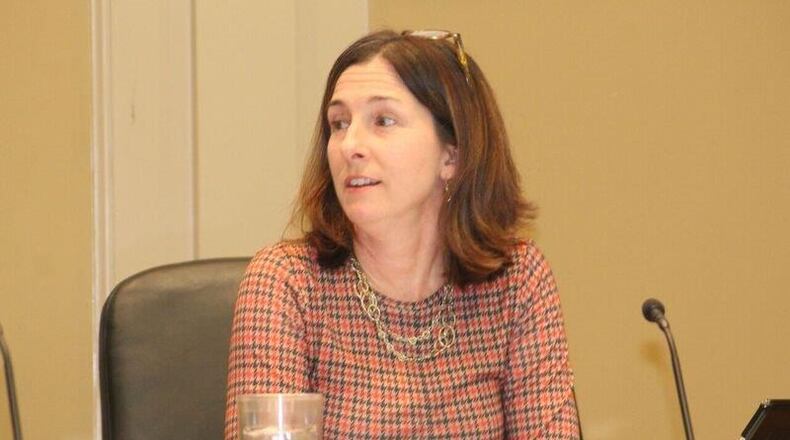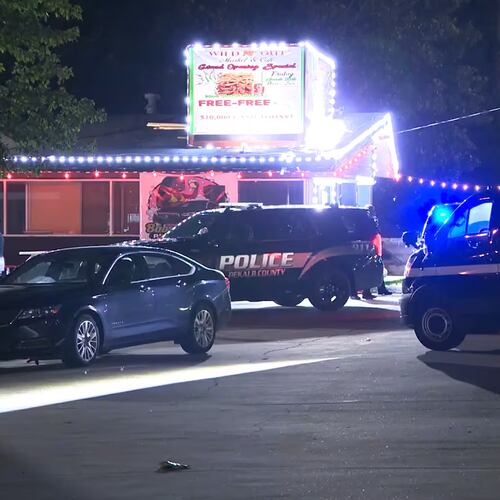Although Gov. Brian Kemp’s shelter-in-place mandate, effective April 3, is broader and less specific than the three emergency orders issued by Decatur in March, City Manager Andrea Arnold said that city residents shouldn’t notice much change.
“[The Governor’s order] is not going to close or re-open any [Decatur] businesses that I’m aware of,” she said. “It won’t be a step backwards for Decatur.”
The governor’s new statewide edict renders Decatur’s three orders obsolete along with all orders previously issued by Georgia cities and counties. Further, Kemp’s shelter-in- place states that local municipalities cannot enforce any order that “in any way conflicts, varies or differs” from the governor’s order.
Some differences between Decatur and state’s emergency efforts:
*The governor’s mandate allows for gatherings of 10 or fewer people as long as folks remain six feet apart. Decatur’s states that “all public or private assemblages, events and gatherings” are banned, no matter the size.
*While Kemp’s shelter-in-place orders specific closures of businesses like gyms, fitness centers, bowling alleys, theaters, live performance venues, amusement parks, hair designers, beauty shops, cosmetology schools, barbershops and massage therapists, along with the previously shuttered bars and nightclubs, it doesn’t distinguish between “essential” and “non essential” business.
Decatur, meanwhile, has a very specific listing of each, including a detailed definition of “non essential” businesses and ways they can continue operating.
*Decatur’s order encourages on-line streaming for churches, while Kemp’s order permits residents to visit worship venues so long as social-distancing is practiced.
“From the city’s perspective,” Arnold said, “[the governor’s order] may not be the way we want it written. But nevertheless it’s a tremendous value having continuity across the state. It’s really what we wanted all along.”
Kemp’s order took effect at 6 p.m. April 3 and lasts through April 13 unless he extends it. On Monday (April 6) Decatur’s commission ruled that “If and when the governor’s order expires,” the city city’s first two emergency orders (the temporary closing of restaurants and in-person dining, and the stay-at-home order requiring non-essential businesses to temporarily cease activities) “may be re-visited and a determination made for the need to extend, amend, re-issue, or rescind such orders.”
About the Author
Keep Reading
The Latest
Featured


